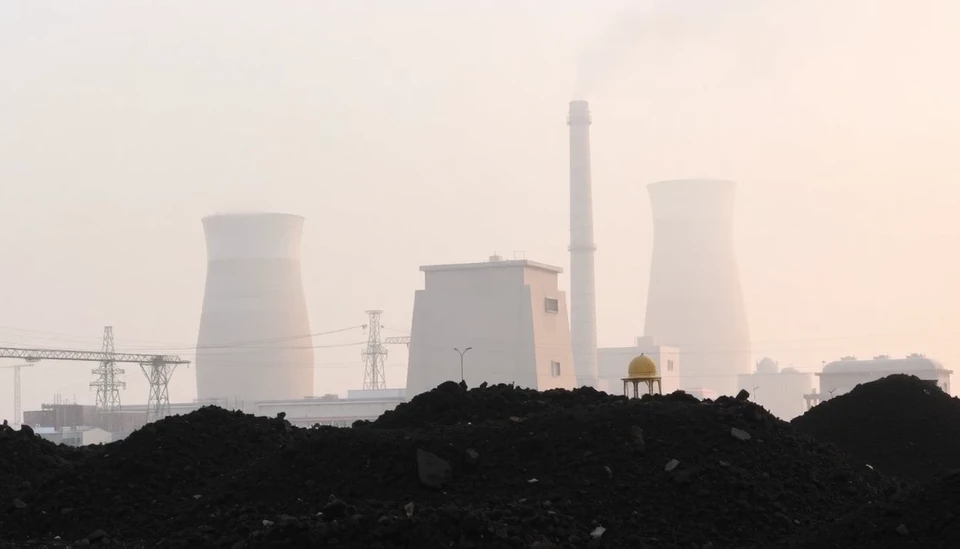
In a concerning development for India's environmental policies, recent reports indicate that the country's coal-fired power plants are set to miss crucial pollution reduction targets. This failure comes at a particularly alarming time, as the capital city, Delhi, grapples with a thick blanket of smog that has choked the air quality to hazardous levels.
Delhi's struggles with severe air pollution are not new, often exacerbated during the winter months due to a combination of weather patterns, agricultural burning in neighboring states, and emissions from vehicles and industries. However, the current situation has reached a tipping point, intensifying scrutiny on the coal plants' ability to comply with established environmental regulations. Experts suggest that these plants, which heavily contribute to the region's air quality crisis, are unlikely to meet the deadlines imposed for pollution control measures.
The coal power sector, which remains a cornerstone of India's energy infrastructure, is under pressure to upgrade its technology and implement strategies aimed at reducing emissions. Yet, sluggish progress and the heavy reliance on coal energy have undermined these goals. Analysts point out that without significant investments and regulatory enforcement, many plants will continue to operate without making the necessary improvements. This ongoing dilemma poses both a public health risk and a challenge to India's commitment to sustainable energy practices.
Local residents have expressed outrage over the deteriorating air quality, with many suffering from respiratory issues exacerbated by the pervasive smog. The situation is most dire for vulnerable populations, including children and the elderly, who are at a greater risk for health complications arising from prolonged exposure to polluted air. Furthermore, public health experts have raised alarms about the long-term implications of air pollution, linking it to a range of chronic health conditions and premature deaths.
The Indian government has acknowledged the urgent need to address the pollution crisis, announcing various initiatives aimed at improving air quality in metropolitan areas. However, activists and environmentalists argue that these measures may not be sufficient without enforcing stricter regulations on industrial emissions, particularly from coal plants. As smog continues to envelop Delhi, the call for action has become increasingly vocal, with many citizens demanding accountability and immediate intervention from authorities.
The impact of persistent air pollution has far-reaching effects beyond health, also influencing economic activities and the overall quality of life. As such, the ongoing challenge of pollution amidst the backdrop of climate change highlights the necessity for a transformative approach to India's energy policies. The reliance on coal must be reassessed in light of both environmental sustainability and public health concerns, pushing for a shift toward cleaner energy sources.
In conclusion, as Delhi struggles to breathe under a cloud of smog, the failure of coal plants to meet pollution targets poses a significant threat to public health and India's environmental future. Collective action is critical in responding to this escalating crisis, incorporating stricter regulations, investment in cleaner technologies, and a commitment to sustainable energy practices that prioritize the well-being of citizens and the planet.
#India #CoalPlants #Pollution #DelhiSmog #AirQuality #PublicHealth #EnvironmentalRegulations #SustainableEnergy
Author: Sophie Bennett




